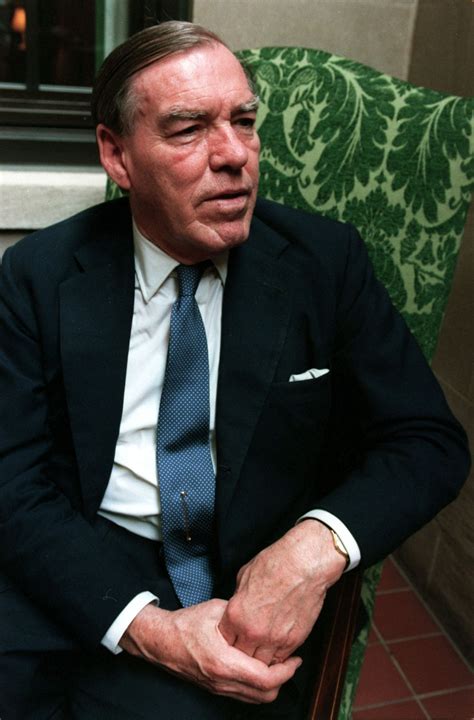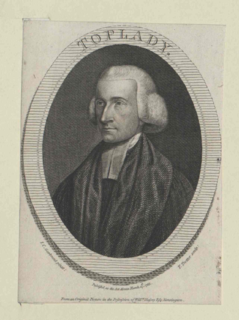A Quote by Derek Walcott
Art is History's nostalgia, it prefers a thatched roof to a concrete factory, and the huge church above a bleached village.
Related Quotes
The church must never become a government factory, carrying on a nationalized industry of religion with the people as the bolts and nuts; with God reduced to the role of cramped advocate of current national policy. Surely the pages of history are replete and the examples in many a foreign country convincing that this kind of church-state union-whatever the original motives, or however noble the original purposes-winds up with a state that is less than stable and a church that is less than sanctified, and with the poor still hungry.
We saw the children and the women with their babies and then I heard the poouff — the flame had broken through the thatched roof and there was a yellow- brown smoke column going up into the air. It didn't hit me all that much then, but when I think of it now — I slaughtered those people. I murdered them.
History is the art of making an argument about the past by telling a story accountable to evidence. In the writing of history, a story without an argument fades into antiquarianism; an argument without a story risks pedantry. Writing history requires empathy, inquiry, and debate. It requires forswearing condescension, cant, and nostalgia. The past isn’t quaint. Much of it, in fact, is bleak.







































